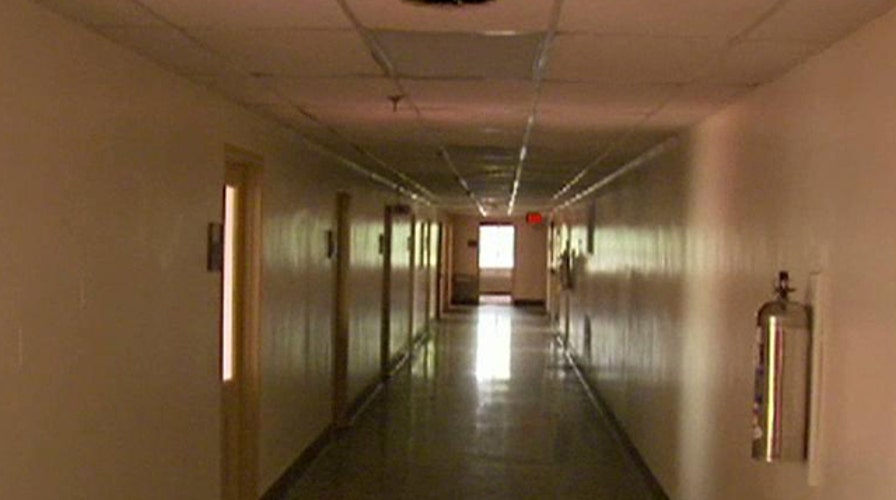What to Cut: Empty and under-used federal real estate
Doug McElway reports from Washington, D.C.
A prime example of how slowly the federal government moves is a piece of prime real estate in Washington's tony Georgetown neighborhood -- an old steam-generating plant with a spectacular view of the Potomac waterfront.
The government-owned building was finally sold to a private developer for $19.5 million this month. But it sat there for 10 years -- off the market and vacant -- while taxpayers footed the bill for its upkeep.
A for-sale sign only went up the day before the House Committee on Oversight and Government Reform dragged General Services Administration officials into the musty structure for a hearing last summer. Rep. Jeff Denham, R-Calif., berated a bewildered GSA official at that hearing, saying: "You can't get your job done! I don't care if it's a Republican or Democratic administration, the job is not getting done!"
Congressional frustration may be warranted. The federal government owns or leases between 55,000 and 77,000 vacant properties. But it's impossible to tell exactly how many. No precise inventory has been kept.
Selling them off, though, could save taxpayers between $3 billion and $8 billion a year, according to various analysts. That's nothing to scoff at as the government grapples with a mounting debt and sequester-tied spending cuts.
"These properties could be used first to consolidate agencies that now are in leased buildings," D.C. Delegate Eleanor Holmes Norton told Fox News.
Tom Schatz, of Citizens Against Government Waste said: "This is a problem that has been identified for years, and every time someone in the White House says 'let's sell property,' the red tape is simply too much for this process."
In 1987, amid media coverage of the nation's persistent homeless problem, Congress passed a law that said unused government properties first had to be offered to other federal agencies, then to state agencies, and, as a last resort, for use as homeless shelters before they could be put on the market.
"We spend about 8 billion dollars a year maintaining properties that we have no use for. Now that 8 billion dollars is just thrown down the drain because we can't get past the homeless lobby to get a common-sense way to take care of their problems and also us to unload properties," Sen. Tom Coburn, R-Okla., told Fox News.
Former Sen. Evan Bayh, D-Ind., notes that Congress is full of people who've never held private-sector jobs."There is nothing wrong with that. But it means they have never really been in the position of running something, of making hard decisions, of having scarce resources and having to set priorities."
Schatz echoes that sentiment -- noting the way the government handles the excess properties is counter to common sense. "Rather than having the government get the first choice, the first choice should be to sell and then go back down the line. There are plenty of places for homeless shelters," he said.
Legislation to require the federal government to expedite the sale of underused properties died in the last Congress. It was resurrected this year in Republican Rep. Paul Ryan's proposed budget, which the Senate voted down this month.
But Norton has hopes Congress will begin to remedy the problem this year."The Oversight and Government Reform committee has just passed again its bill which I think has a good chance of getting all the way to the Senate," she said.
Still, if Congress does pass a bill to sell excess properties, inventorying all of them would be a daunting undertaking given that they're spread across all government agencies.





